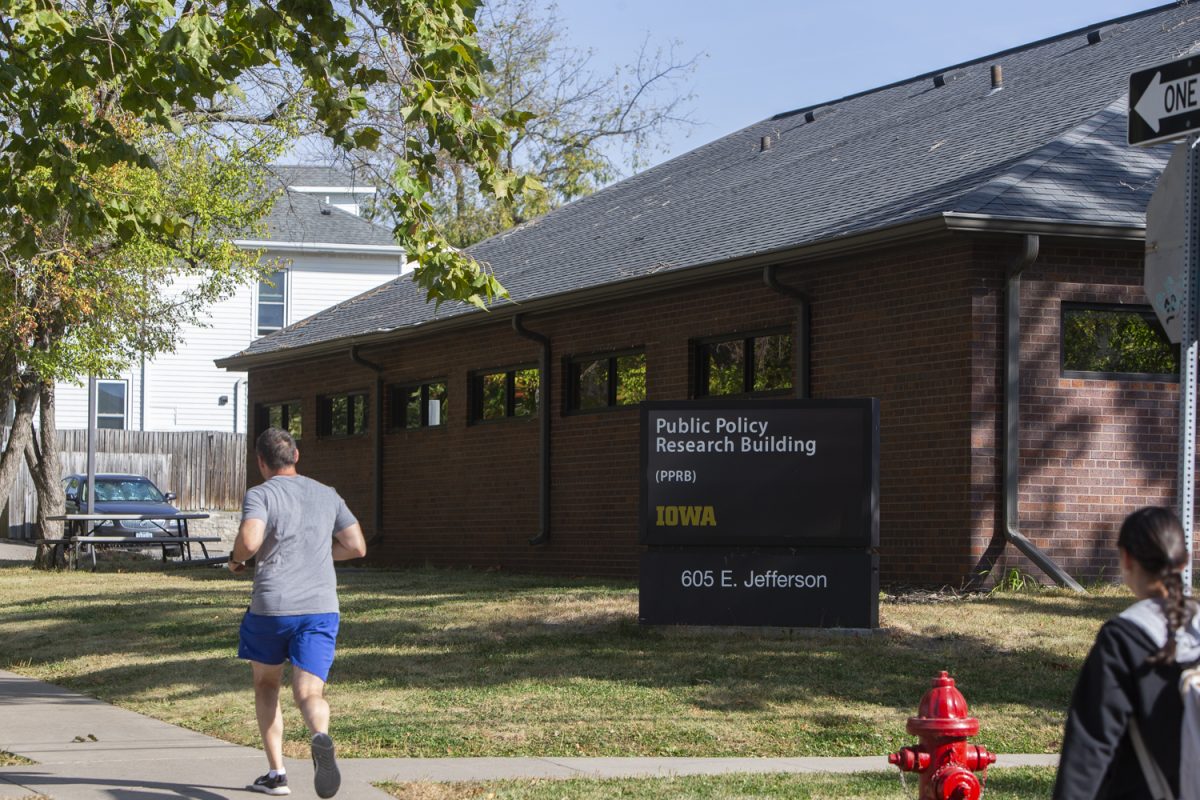The University of Iowa recently announced the new Center for Social Science Innovation after receiving approval from the Iowa Board of Regents in September.
In December of 2023, a team from the Office of the Vice President for Research and the Public Policy Center conducted research on the original Public Policy Center. The team’s task was to redesign the mission, organizational structure, and operational function to create a new research and service center dedicated to supporting social sciences.
After conducting the research, the mission to combine the former Public Policy Center and the Iowa Social Science Research Center to create the Center for Social Science Innovation was produced.
The new Center for Social Science Innovation will focus on four main objectives: research incubation, grant development and programming, survey and multimethodology research services, and communication and dissemination.
Each objective aims to create a community for social scientists while providing them with faculty affiliate programs to develop diverse networks throughout campus.
Director of the Center for Social Science Innovation Mark Berg said the overall mission of creating the new center is to contribute to social science research while focusing on all colleges, students, staff, and faculty.
“We saw a need for stronger support for social science research and to also build a community,” Berg said.
Berg also emphasized the importance of creating a bigger, collaborative community while ensuring values and culture remain strong at the UI.
Social scientists can partake in the several programs or services offered at the Center for Social Science Innovation, Berg said.
The programs offered include Fellowship for Qualitative Research, Dissertation Completion, Researcher-in-Residence, and Grant Writing Residency.
Amber Powell, UI professor of sociology and criminology, participated in the Researcher-in-Residence Program. She spoke about how the available space and accountability throughout the center drew her in.
“Throughout the summer, you have all of this unstructured time, and so I really jumped at the opportunity to be able to structure my time better and be able to have the space and to be able to just focus on my goals for the summer,” Powell said.
RELATED: UI approved for College of Liberal Arts and Sciences program changes
Powell joined the program to conduct more research on gender-based violence and how people experience sexual violence in prison. Powell shared that she enjoyed being a part of a collaborative team while working with others from different disciplines.
“They were all just really supportive. They seemed genuinely interested in the work that we were doing and giving us tips and letting us know about other workshops that were happening on campus that were related to our research,” Powell said. “They’re putting all of their effort into making us all just feel supported.”
Associate Vice President for Research Kristy Nabhan-Warren discussed the new center and the Office of the Vice President for Research’s role in supporting social science research at the UI.
“Berg and his team, who oversee the center, can really go full force in creating a place where social scientists across campus can come get support for their research,” Nabhan-Warren said.
Nabhan-Warren said the Center for Social Science Innovation now offers various services, including data help, workshops, and summer fellowships. Funding comes from general education funds, primarily for faculty and staff salaries, with a significant portion supporting initiatives.
She also said the center aims to increase revenue through contracts with local governments and to involve students in research while collaborating with the Office of Undergraduate Research.
In addition, the Office of the Vice President for Research will continue supporting the center through grants and funding.
Berg said there is a wide variety of opportunities for students at the UI to get involved in the Center for Social Science Innovation. Undergraduate students can assist staff with project tasks and survey development among other things. Graduate students can also participate in the Dissertation Completion Program.
In the future, Berg hopes the center will become a more expansive research facility and continue to feed, facilitate, and nurture social sciences.



